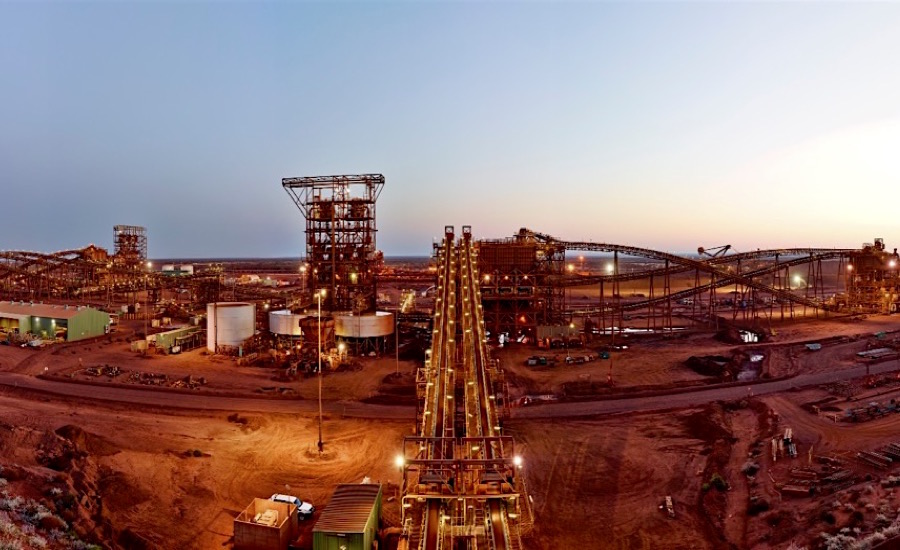
Oct 26 (Reuters) – Fortescue Metals Group Ltd on Thursday reported a slight rise in fiscal first-quarter iron ore shipments, but also warned its ore was selling at a greater discount than expected.
The world’s fourth-largest producer of iron ore said shipments rose to 44 million tonnes in the three months to Sept. 30 versus 43.8 million tonnes in the same period a year ago.
Fortescue Chief Executive Nev Power said the miner was at the same time factoring in a reduced average realised price between 70 and 75 percent of the benchmark 62 percent grade index, down from a previous forecast of 75 to 80 percent.
Fortescue stock closed down 4 percent to A$4.84, against a slightly firmer overall market.
“Despite maintaining full-year guidance and continuing along the path of cost reduction, it looks like the broader market was expecting more from Fortescue today,” said Kurt Mayell, Asian equity hedge analyst, CMC Markets Asia Pacific Pty Ltd.
Power told reporters a drive in China to reduce steel mill activity over the winter to fight pollution was pushing mills there to import higher-grade ores than the 56.7 percent grade Fortescue mines, paying premiums for the higher-quality metal.
Fortescue has historically received a discount of 10 percent to 15 percent to the benchmark, but in the 2017 financial year it recorded a sales discount of 23 percent, which ballooned to 29 percent in the first quarter of fiscal 2018.
“We are going to see steel mills continue to pay very high premiums for higher grade iron ores to try and increase production,” Power said.
China is the biggest market for seaborne iron ore. It imports about 1 billion tonnes a year, mainly from Australia and Brazil. Iron ore <.IO62-CNO=MB> was last quoted at $62.42 a tonne.
Fortescue’s production costs averaged a record low $12.15 per wet metric tonne over the quarter, 10 percent less than the year-ago period. And the company said it maintained its cost target for this year at $11 to $12 a tonne.
Its cost structure puts Fortescue near or below the average costs of bigger rivals Rio Tinto , Vale and BHP .
(Reporting by James Regan; additional reporting by Christina Martin in Bengaluru; editing by Sherry Jacob-Phillips and Tom Hogue).